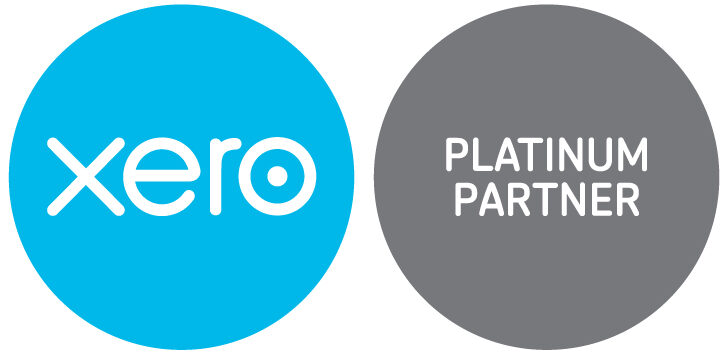HMRC are once again contacting people who have disposed of cryptoassets who they believe may not have paid the correct amount of tax.
It is very easy to assume that tax is only payable when digital assets are converted back to fiat, that is traditional currency.
However a gain can arise when:
- Cryptoassets are exchanged for other cryptoassets
- Cryptoassets are used to buy goods and services
- Cryptoassets are given to a person who is not the donor’s spouse or civil partner.
HMRC are also reminding people that they need to consider whether they have paid the correct amount of income tax and national insurance, which is dependent on the nature of their cryptoassets activities – for example lending, staking, mining.
It is important to respond to all letters sent by HMRC within 60 days of the date of the letter using the details included in the letter.
- If you have tax to pay, the letter will explain what to do
- If you have already submitted a tax return, that can be amended up to 12 months after the deadline for submitting the return (31st January).
- If that date has passed or a return was not submitted, you can use HMRC’s cryptoassets disclosure service. Tell HMRC about unpaid tax on cryptoassets – GOV.UK (www.gov.uk)
- If you think you do not owe any tax, it is important that you reply immediately to HMRC and explain why.
Even if you have not received a letter from HMRC, it is essential that you keep on top of your cryptoassets administration so that you can file an accurate tax return and pay any outstanding tax each year as required.
Remember that HMRC will charge interest on any tax that is paid late and may also charge penalties. Remember also that tax could be owed on transactions from previous years as well as the current year or most recent financial year. HMRC may access crypto records from 2016 or earlier so it is critical that your tax reporting is fully up to date. HMRC look more favourably on those who come forward admitting genuine errors as compared with those whose errors they discover.
How to calculate how much tax is due?
This is often highly complex and probably a bigger obstacle than completing the rest of your personal self assessment tax return or company’s accounts and tax returns. Personal investment gains are subject to Capital Gains Tax in the UK (or in certain circumstances Income Tax) and gains on disposals within a corporate structure are subject to Corporation Tax.
Ongoing, it is essential that you maintain detailed records of all crypto transactions and engage a crypto tax specialist to deal with your tax submissions. Due to the number of transactions that can arise, even when a few coins are bought or sold, this is a highly complex and specialist area in which points can easily be overlooked or misunderstood.
It is also important to understand that there are highly complex matching rules for purchases and sales, and gains and losses of cryptocurrencies. A poorly structured series of purchases and sales can mean you pay more in tax than you have gained in overall value so it is worth giving this due consideration before concluding any transactions.
How we can help
RPG’s specialist crypto tax team will determine the amount of tax that is due for payment, advise you what payments are due to HMRC and when they have to be paid, and make the official submission to HMRC through your Self Assessment tax return.
We can also advise on suitable methods of record keeping and can introduce you to Koinly, which is a market-leading record keeping tool, at a specially discounted rate.
We are very happy to have an initial conversation with you to assess your own personal situation. You can speak with one of our specialist crypto advisors based at our offices in central Manchester by contacting info@rpg.co.uk or call 0161 608 0000. We look after crypto tax clients based across the UK and we would be delighted to help you.







 Production
Production